When directors accept their appointment, they are not ensuring the company’s economic and business success, but they are expected to fulfill their duties in compliance with the law, the company’s articles of association and the required standard of care, supervision, and loyalty.
It is important to note that while Directors and Officers Insurance covers claims resulting from managerial decisions that adversely impact the company, it does not exonerate directors and officers from criminal liability. It just provides personal financial protection from actual or alleged covered acts of wrongdoing while serving on the board and/or as an officer.
The Portuguese Code of Business Insolvency and Recovery (CIRE) requires judges, within insolvency proceedings, to report to the Public Prosecutor’s Office, for the purposes of preparing criminal charges, facts that may evidence wilful insolvency. Punishment of these offences is aimed at protecting the right to credit, that creditors hold over debtors who have become insolvent.
Although a legal person cannot be punished criminally, its directors and managers, as well as de facto directors, can be held accountable and criminally prosecuted as follows:
- Wilful Insolvency – prison sentence up to 5 years or a fine of up to 600 days;
- Frustration of Credits – prison sentence up to 3 years or a fine;
- Favouring Creditors – prison sentence up to 2 years or a fine of up to 240 days;
- Negligent Insolvency – prison sentence up to 1 year or a fine of up to 120 days.
Fault-based insolvency, on the other hand, is of a property and civil nature and in general bears no criminal consequences. It is a process that takes place autonomously within insolvency proceedings, with the purpose of verifying whether the debtor or the directors of a company have carried out certain fault-based acts that contributed to the said insolvency.
For further information or assistance, feel free to reach out to us at geral@sbpslegal.com.

